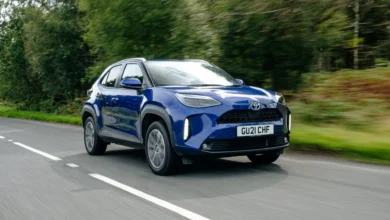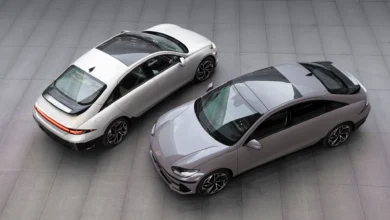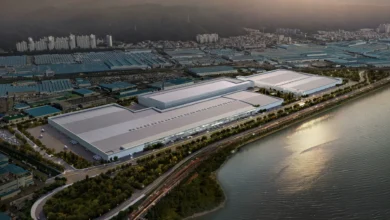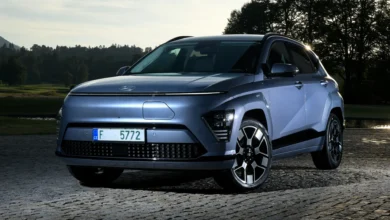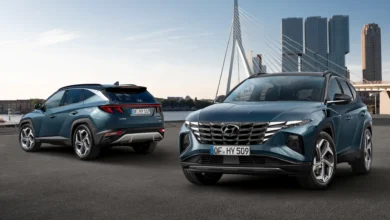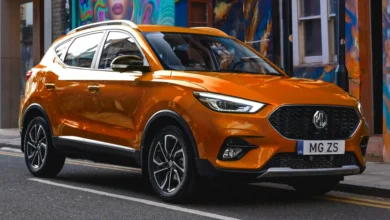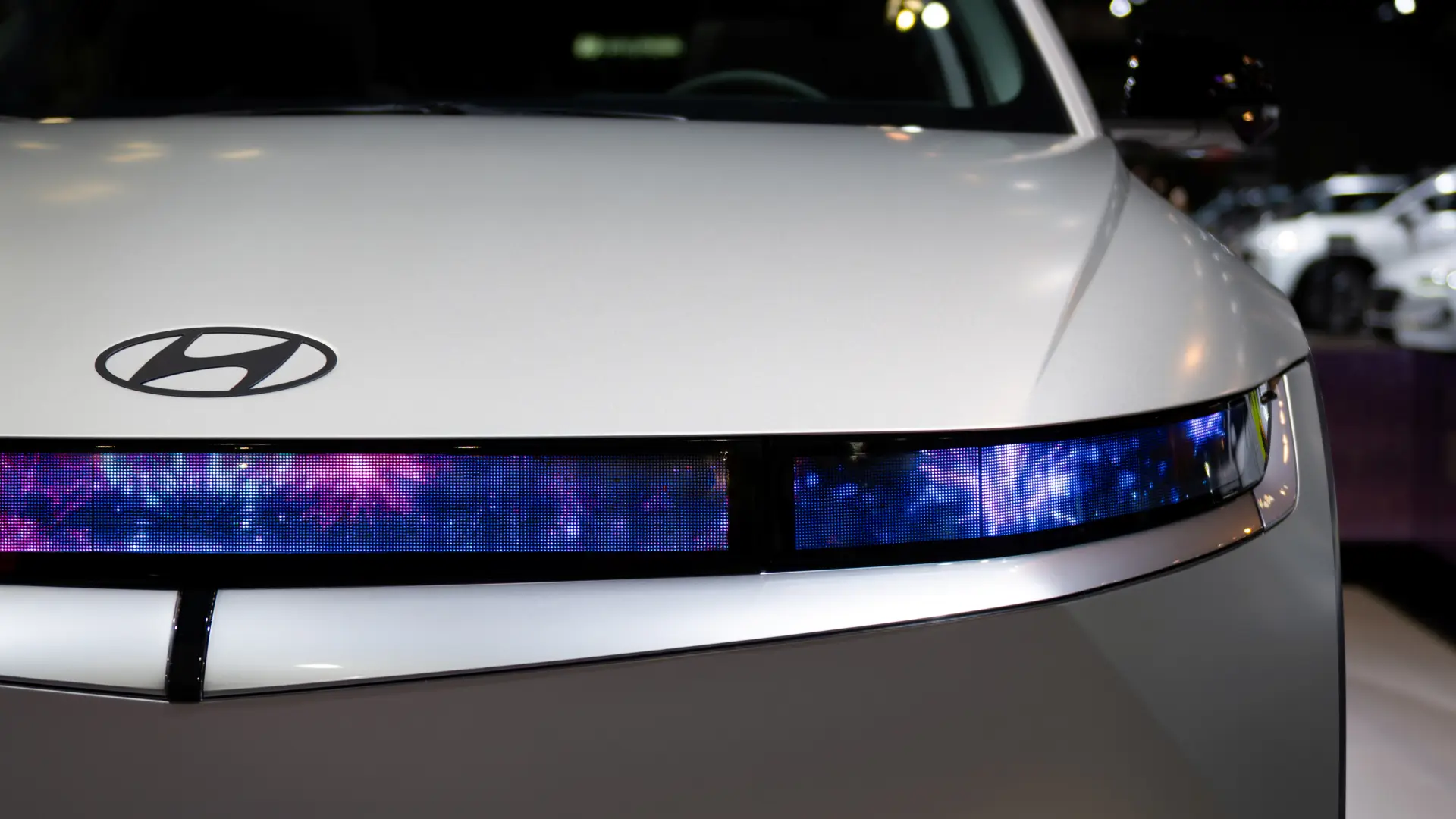
The Koreans plan to invest 17,000 million euros to become one of the three largest manufacturers of electric cars with 1.51 million units per year. The Korean automobile industry has evolved a lot in recent times. Although now our mouths fill up when we talk about the Chinese industry, the Korean neighbors have been doing things very well for years. In just a couple of decades they have gone from being considered low-cost brands to occupying the highest positions on the sales lists thanks to products with excellent value for money. The Hyundai Group is not afraid of anything and that is why it has presented a daring growth program that will take it to occupy the third position in the world by 2030.
Electric cars continue to gain market share in all territories and the Korean conglomerate sells its products almost everywhere in the world. Hyundai, KIA, and Genesis make up a winning trident that will continue to grow with the arrival of new electric cars. Already in Europe, and also in Spain, they have managed to displace autochthonous general brands such as Peugeot, Opel, and even Volkswagen itself. Its electric cars such as the Ioniq 5, the e-Niro, or the KIA EV6 are gaining more and more prominence and prices in all the markets in which they are present.
Genesis, the family’s premium brand, has a specific weight in the sales mix, especially in Korea and the United States. Its arrival in Europe has been delayed due to the consequences generated by the COVID-19 pandemic, but it will soon have a generous representation in the Old Continent. It will officially arrive as a brand focused on sustainable mobility. The Genesis GV60 will be the first model to land, although it will not be the only one. The intention of the Koreans, once again, is to fight against giants such as BMW, Mercedes, and Audi, the most popular trio in Europe among premium brands.
The Hyundai Group has announced a very attractive electric roadmap for the coming years. Already in 2022, it has managed to surpass other large international conglomerates such as Nissan, Stellantis, and General Motors in global sales. The Koreans look out of the corner of their eyes at the top podium and, to reach it, they are going to invest almost 17,000 million euros in their electricity strategy. Much of that money will be focused on increasing the production and export of electric cars. South Korea will continue to be the group’s epicenter of activity. Production is expected to increase significantly to reach a volume of 3.64 million units in 2030.
The construction of a completely new and state-of-the-art factory for the production of electric cars is already underway. In parallel, it will invest a significant sum of money in updating and improving the current assembly lines to increase the rate of manufacturing. The construction will not focus all the attention since the Hyundai Group has assured that it is working on the development of a platform for next-generation electric vehicles, as well as new formats of batteries and high-efficiency motors.
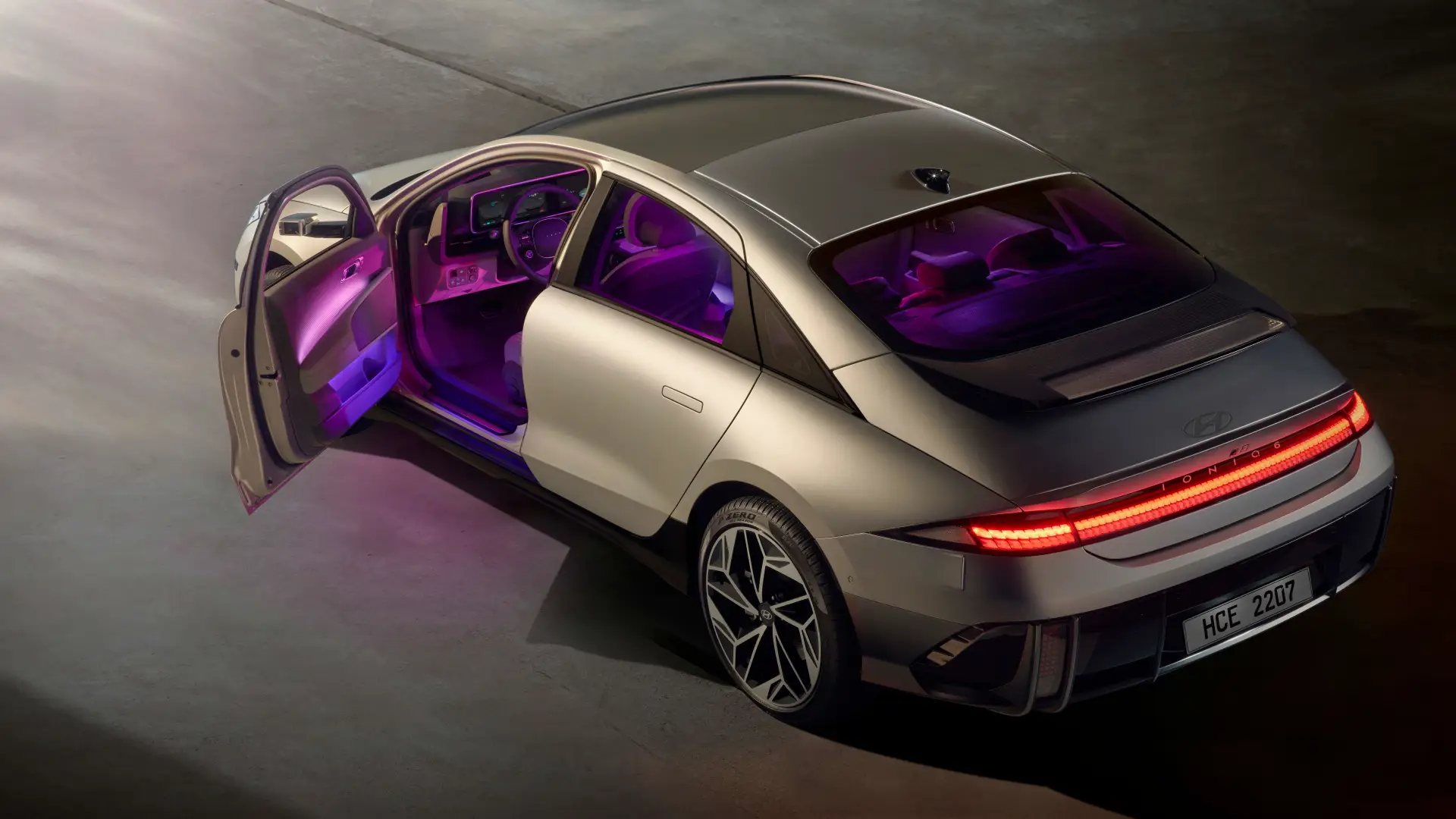
Like the Volkswagen Group, the Koreans want to use a platform for each segment with the Integrated Modular Architecture (IMA) system. It will be able to adapt to different formats and sizes at a reasonable cost.
Europe will also play a fundamental role in this path of success. The Koreans plan to launch specific models for the Old Continent. Electric cars of the B and C segments could be manufactured at the Slovakia plant, where models such as the KIA Ceed, the Sportage, or the EV6 itself are currently being assembled. All of them will join an international fleet of 31 models that will be released before the end of 2030.
